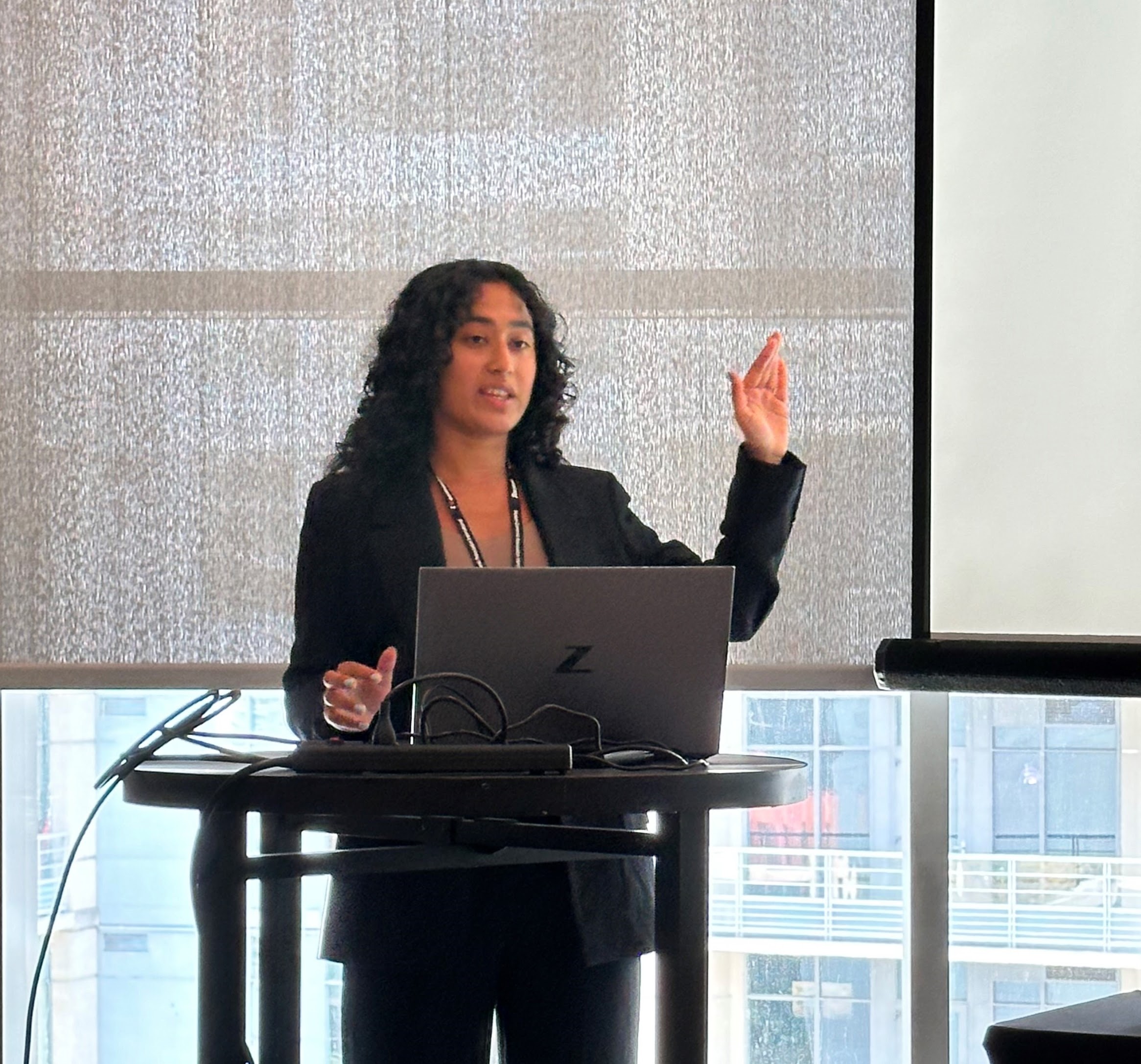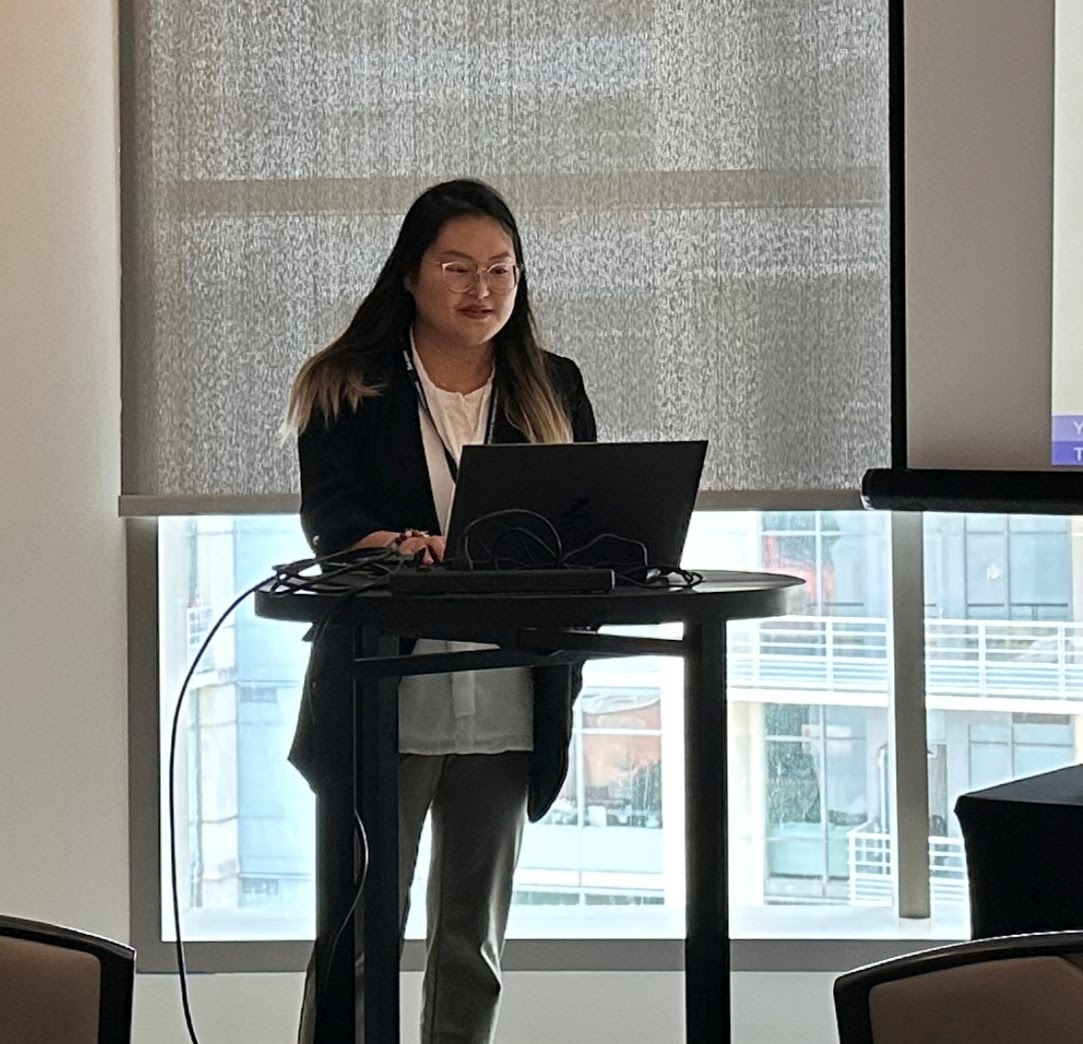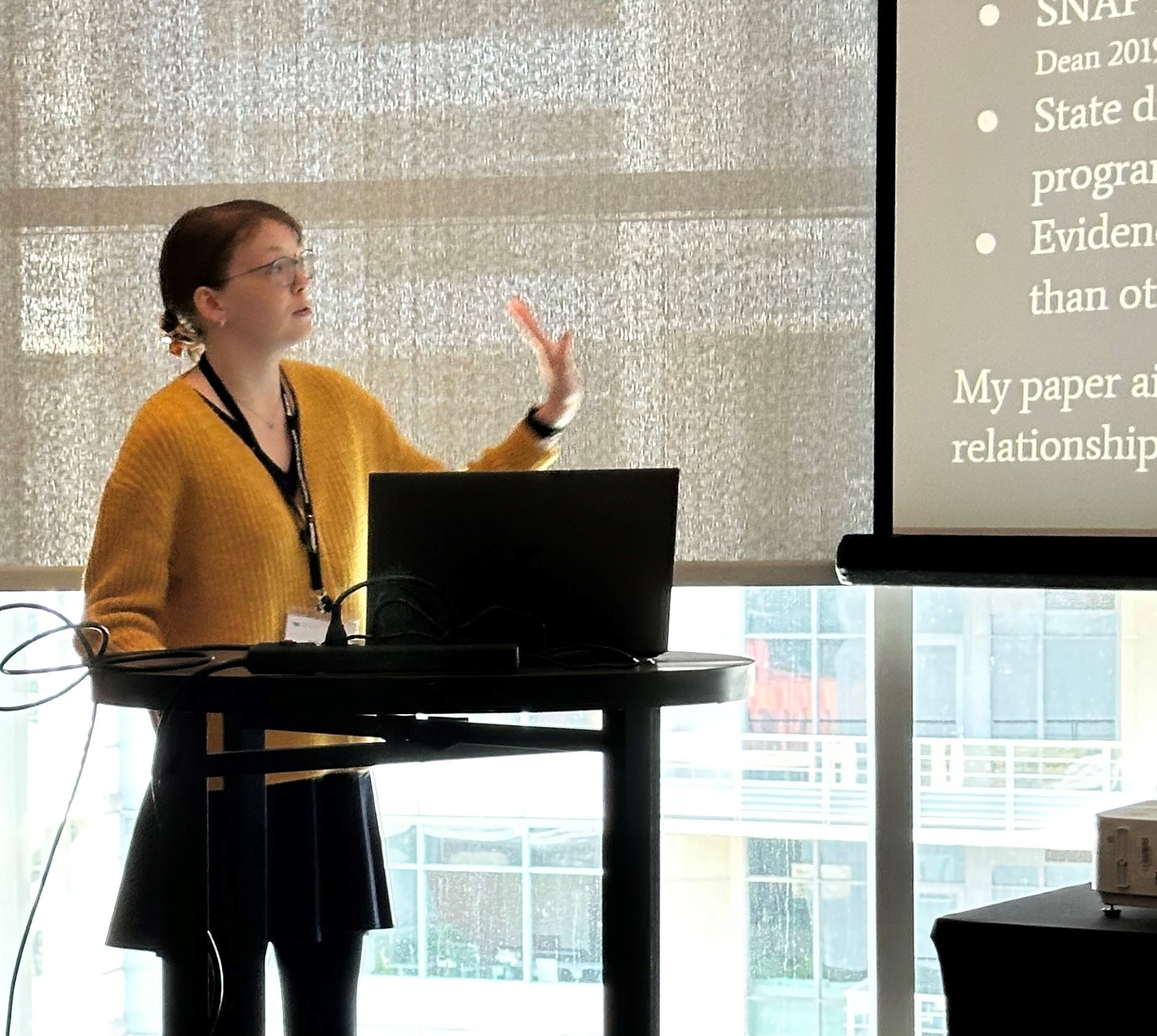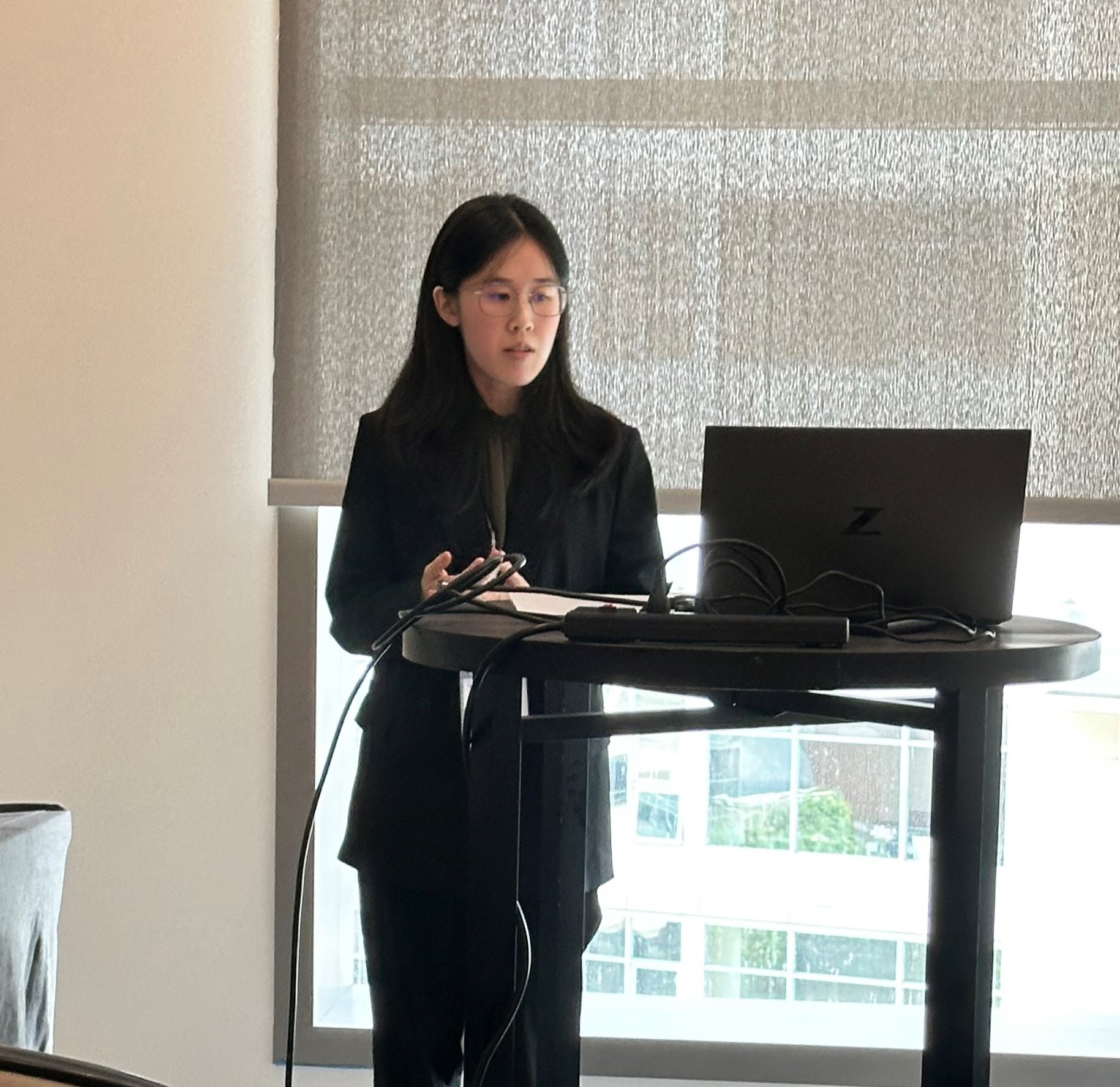UNDERGRADUATE STUDENT RESEARCH PROGRAM
For WEAI Institutional Member Universities
WEAI has launched an initiative to give outstanding undergraduate economists a glimpse into a potential future of graduate studies and a career as an economist. This program is offered exclusively to WEAI Institutional Member universities.
For 2026, WEAI invites submissions of undergraduate student research proposals for a special session at the 101st Annual Conference, June 29-July 3, 2026, in Denver, Colorado.
The deadline for submission of research proposals is February 28, 2026. The online proposal form will require the following:
- What is the research or policy question you plan to address?
- A review of two papers closely related to the research you plan to conduct (no more than two-page PDF for upload).
- Explain the research plan. How do you plan to replicate or extend the work you have reviewed? What models are the focus of your analysis? What methods will enable you to compare the validity of alternative models? For example, will you use econometrics, simulations, or experimental evidence to test the economic model against the real world?
- What resources or data will enable you to explore your research question? Do you already have the data and if so, please describe it including time frame and geographical scope.
- What results do you expect to have by the WEAI meetings?
Note: An undergraduate submission may be co-authored with other students, however, only one student will be allowed to present. Authors that have graduated within the last six months may also submit proposals to this program.
If accepted, you will be assigned to a four-paper session with other undergraduate students. A faculty member will be assigned to prepare a brief discussion of your paper following your presentation. You will have up to 20 minutes to present your research and there will be 5-10 minutes for discussion. Selected students will receive a complimentary conference registration but will be responsible for their own travel expenses.
WEAI will award $1,000 to the best undergraduate student paper presented at the meetings, and three finalists will each receive $250. (Best paper award criteria includes quality of written paper, quality of presentation, and clarity in responding to questions from the audience.)
- Deadline to submit application: February 28, 2026
- Decision emails to applicants: March 22, 2026
- Preliminary conference program posted: April 15, 2026
- Papers uploaded for distribution to judges and finalists: June 1, 2026
- Finalists present at 101st Annual Conference: to be announced
- Winner announced at Presidential Luncheon: July 1, 2026 @ 12:15 pm
Questions? Contact help@weai.org.
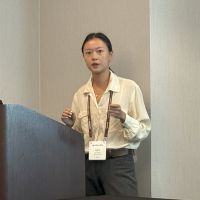 |
Ingrid ChenStanford University -- 2025 WINNER!
|
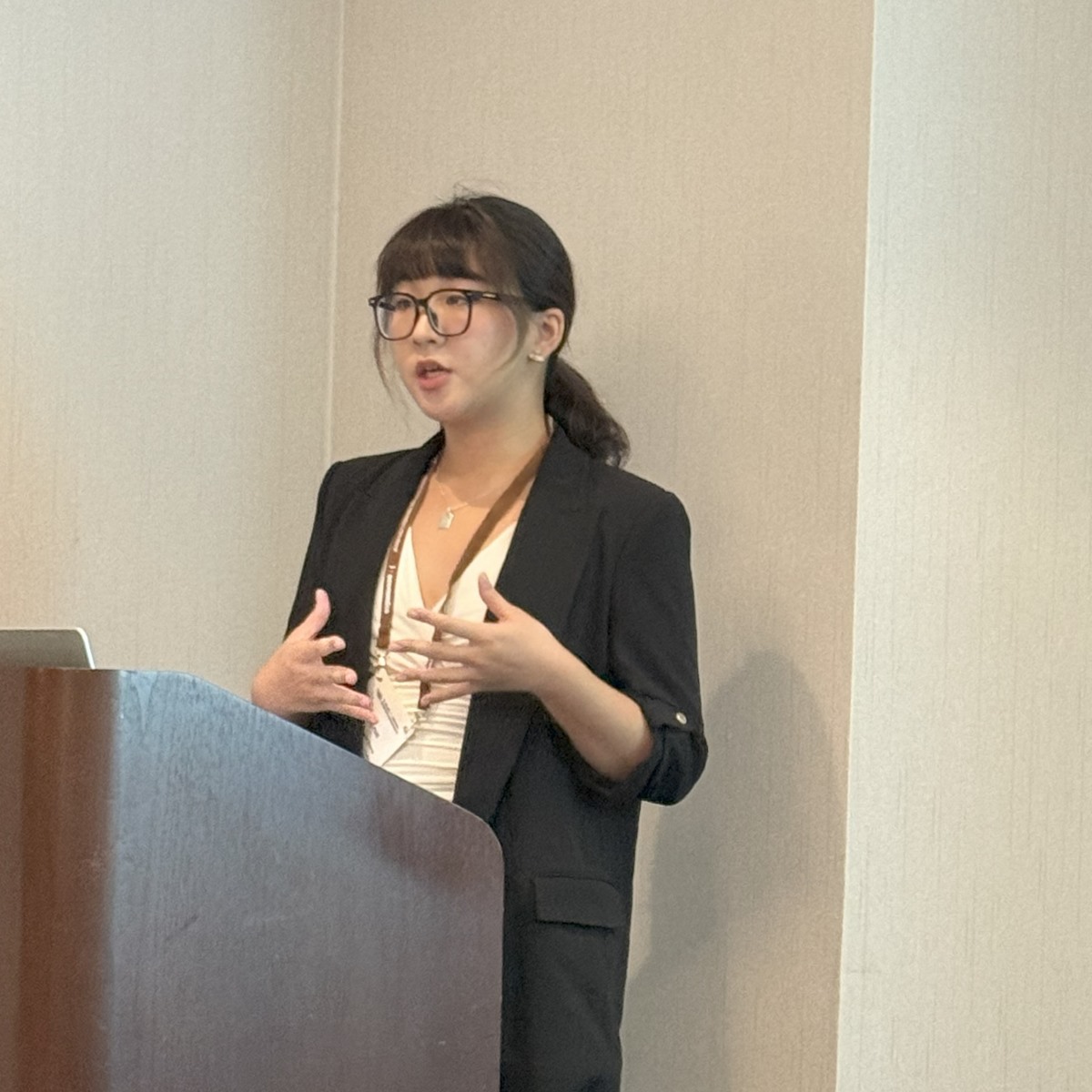 |
Yujin (Minnie) ZhangUniversity of Southern California
|
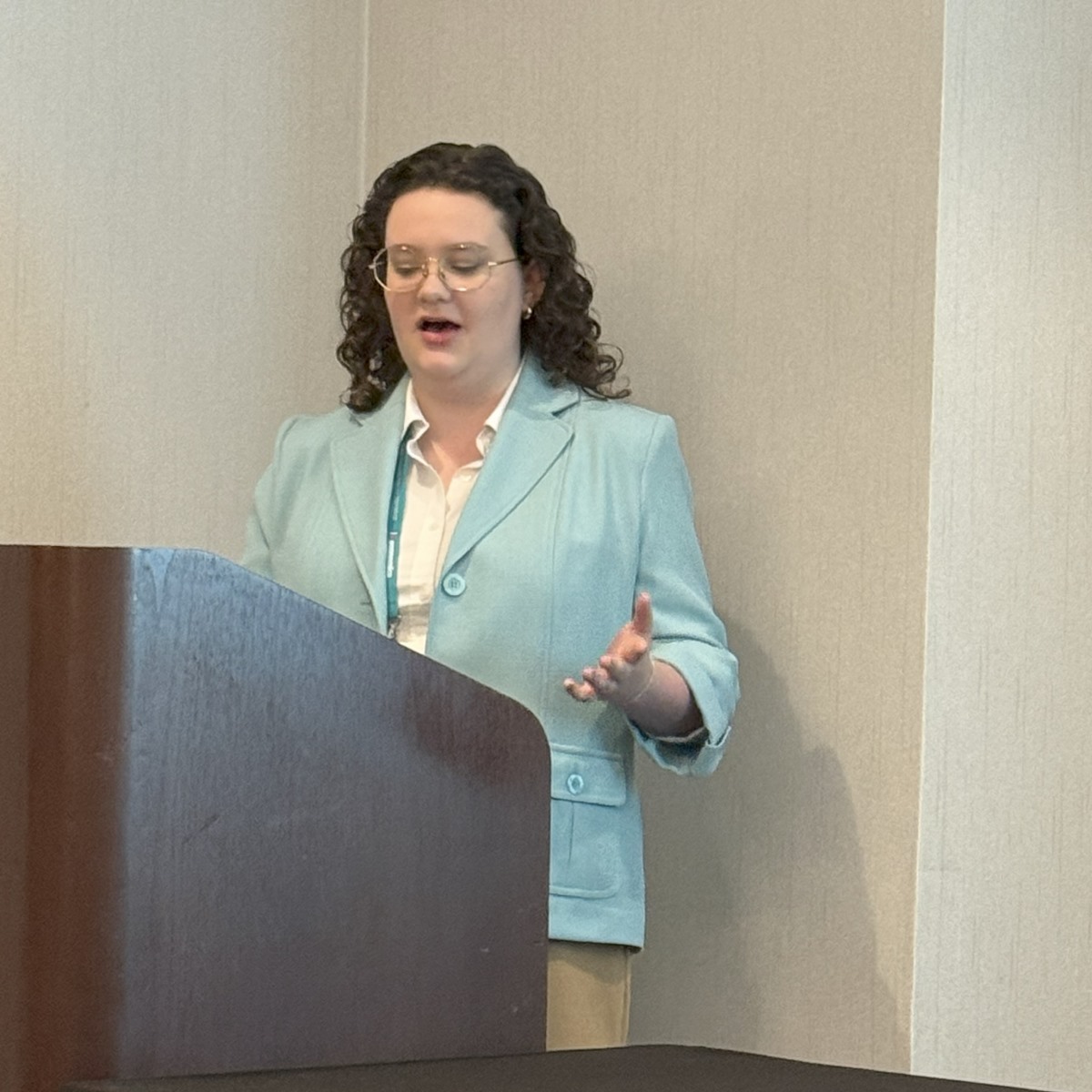 |
Alyssa BradleyReed College
|
Ishika GuptaTufts University -- selected but unable to participate |
Our thanks to the reviewers and judges who accepted the difficult task of selecting a winner from the talented pool of applicants and finalists:
- Jason Abrevaya, The University of Texas at Austin
- Kelly Bedard, University of California, Santa Barbara
- Jane Ruseski, West Virginia University
In its inaugural year, there were 15 applicants from WEAI's 2024 Institutional Members. A panel of reviewers selected four finalists to present their research at the 99th Annual Conference in Seattle:
Our thanks to the judges who accepted the difficult task of selecting a winner from the talented pool of semi-finalists: Anita Peña, Colorado State University (Chair); Darwyyn Deyo, San José State University; and Ryan Ratcliff, University of San Diego.
In announcing the 2024 winner, the judges stated, "We were particularly impressed with Timila’s presentation style and confidence, her attention to an economic issue local to her community (brownie points that it was also our conference location in Seattle), and the econometric execution of her empirical model." Bravo, Timila!

